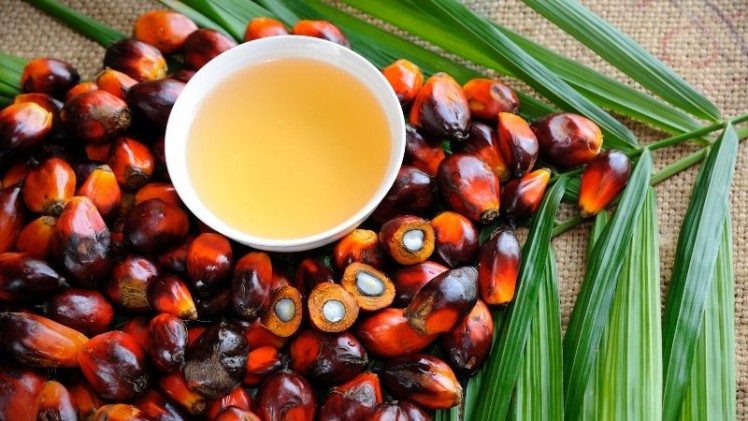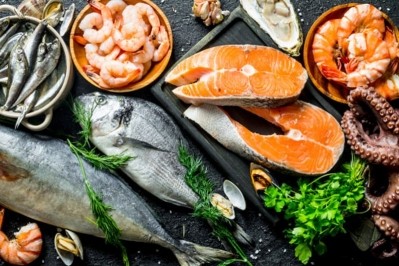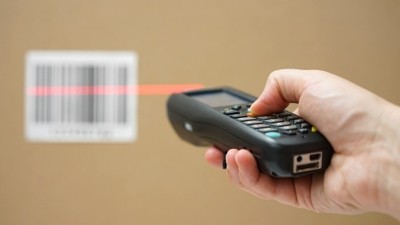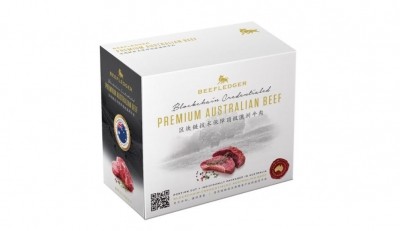Blockchain for palm oil: Malaysia looks to technology and traceability to foster industry trust

The initiative is headed by the Malaysian Palm Oil Council (MPOC), an institution dedicated to promote market expansion for Malaysian palm oil and its products, and the technology provider that MPOC has selected is blockchain firm BloomBloc.
“MPOC chose to work with BloomBloc specifically because of its experience in creating real-time traceable, transparent supply chains with respect to sustainable agriculture,” MPCO CEO Datuk Dr Kalyana Sundram told FoodNavigator-Asia.
“This fits well with our goal to not just give plantations rich data to help improve their crop management and harvests, but also to track working conditions and plantation management.”
BloomBloc will be pioneering a blockchain app and web interface together with MPOC that can provide secure, transparent third-party verification of a ‘comprehensive list of variables’ in the Malaysian palm oil supply chain.
“The blockchain app and web interface designed specifically for the Malaysian palm oil industry is an efficient method of ensuring the end user that they are receiving responsibly produced palm oil,” said Dr Sundram.
“Simultaneously it adds a layer of accountability to every touch point, from the individual oil palm tree through processing and product delivery – [We] strongly recommend that blockchain be considered for any crop for which traceability, trust and accountability are important factors among end-users.”
The app has already been tested on a pilot scale, and as a next step it will be made available through a user agreement to all Malaysian oil palm growers and palm oil processors.
Dr Sundram remained coy on revealing whether the pilot was run with large local palm oil producers (such as Sime Darby) or with smallholders, but said that the upcoming user agreement would be ‘an opportunity for the plantations and the small stakeholders to implement the technology’.
In response to queries on whether getting smallholders to use this technology would be a difficult endeavour, he added that MPOC ‘fully anticipates’ these common challenges, and that these are very workable’.
“The biggest challenge to adopting blockchain or any emerging technology that provides measurable benefit, is that education leading to everyday use and acceptance take significant time and resources,” he said.
“[The end-goal is for the app to] reinforce the industry’s trust in our plant-to-plate processes, and reassure food manufacturers who seek to track land usage and other factors contributing to our sustainable certification processes.”
Transparency is key
Traceability is important when it comes to assuring whether a palm oil processing chain is truly sustainable, and Dr Sundram said that this technology would add transparency another benefit for all players in the supply chain as well, especially end-product F&B companies.
“By far, the most important benefit of this new blockchain technology and web interface to the Malaysian palm oil industry is the ultimate level of transparency,” he said.
“Once entered, the information entered cannot be edited or altered. Because this is designed specifically for the Malaysian palm oil industry, it logically follows the country’s certified sustainable processes and standards.
“The ultimate goal is for everyone producing or using Malaysian certified sustainable palm oil to earn the market’s trust with this verifiable information.”
He also clarified that this app has been specifically developed for the Malaysian palm oil industry, which is why although the global Roundtable on Sustainable Palm Oil (RSPO) has its own tracing technology (PalmTrace), this was developed separately just for local use.
“The Malaysian Palm Oil Council has long-standing, good cooperation with the RSPO, which has members representing multiple countries. This particular blockchain app technology was developed on behalf of the Malaysian palm oil stakeholders,” said Dr Sundram.
Malaysia’s palm oil challenges
Although Malaysia has been one of the world’s largest suppliers of palm oil for some time now, recently it has faced multiple challenges including volatile prices and continuing opposition from the European Union (EU) – which could explain the need for the industry to turn to technology to assure the public of the commodity’s sustainability.
Dr Sundram declined to respond to any queries regarding Malaysian palm oil’s reputation or rejection by the EU, nor speculate on the commodity’s future, citing ‘many rapid changes taking place in response to COVID-19’, but did voice hopes that the blockchain app would help make the ‘realities of palm oil’ clearer.
“As use of the app becomes more widespread, it will also help us close the gap between the issues of perception, allegations and the realities of palm oil,” he said.


















